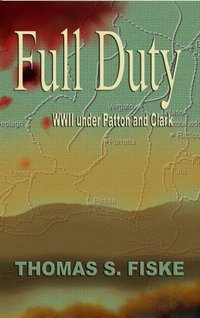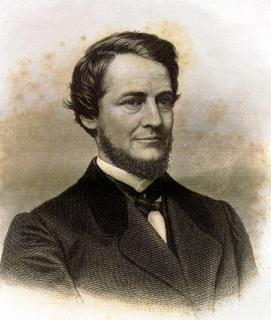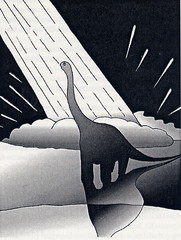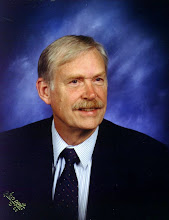
It's exciting. Although it is my sixth book I still got a buzz of excitement when I approved the cover. That is the last thing that happens before a book appears on the market.
It was a "duty book." I wrote it out of a sense of duty to one of my heroes-- a country boy from central Kentucky named Labe Jackson who graduated from college only to find there were no jobs. So he followed up on his ROTC training and suddenly found himself reporting to General Patton at Ft. Benning, Georgia. One thing led to another and he was Patton's HQ Commandant, going ashore on the invasion near Casablanca in North Africa.
After a bloody invasion Patton got a wire from Eisenhower directing Patton to send Labe to Oujda with a cadre of men to set up the Fifth Army. General Clark arrived a few days later to take over. Labe found himself in Life Magazine, which had taken a photo of him and others at a small, intimate feast for the Sultan of Morocco.
Going in on the invasions of Salerno and Anzio, Labe got to know General Clark fairly well. Also, he got to know Winston Churchill, King George VI, Lily Pons, Prince Borghese and many other political figures as well as the better-known generals of the ETO.
Labe followed the War to its conclusion as the Germans surrendered in North Italy. Then he went back to Kentucky to lead a fairly normal life as a farmer, businessman, and politician. He did this in spite of living outdoors for almost four years amid death, destruction and carnage that defies description.
His was an unusual story, but Labe was only one man among hundreds of thousands of heroes who survived the terrible war. Since I knew only him, I wrote about him. It was the least I could do.
WWII George S. Patton Fifth Army Mark W. Clark Lucien Truscott Writing Books



